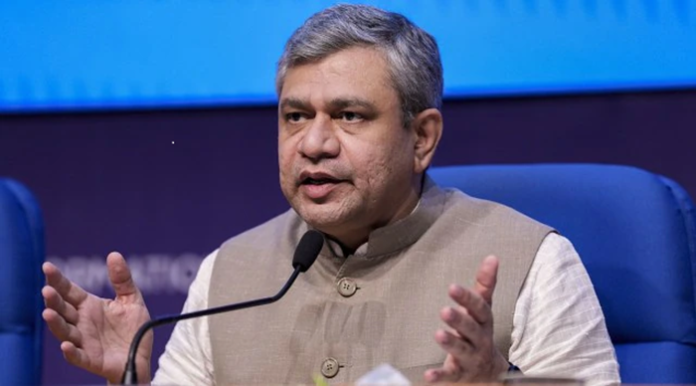The Indian government plans to bring in a new law on artificial intelligence to protect the rights of news publishers and content creators while looking to reduce user harm, the Economic Times has reported.
The new law will be “very balanced” as well as “strong on securing the rights and sharing the proceeds” among news publishers, content creators and AI-enabled technologies such as large language models (LLMs), “while keeping good space for innovation,” minister for electronics and information technology (MeitY) Ashwini Vaishnaw told the newspaper in an interview.
According to the minister, it could be an independent legislation, or a part of the Digital India Bill, which will replace the Information Technology Act, 2000. He said it was important to protect intellectual property as well as the financial and commercial interests of the industry.
“One thought is to form a self-regulatory body…But we don’t think that would be enough. We think that this regulation should be done by legislative method. We have already consulted the industry. After elections, we will launch a formal consultation process and move towards legislation.”
The remarks come amid growing concerns of news organizations, both in India and abroad, to protect the rights of news publishers in view of the increasing use of generative AI for content creation.
The New York Times is locked in a legal battle with Microsoft and Open AI over the alleged use of NYT’s articles to train OpenAI’s generative models and chatbots. Then in France, Google was fined by regulators for using news articles to train its AI model known as Gemini.
In India, in January, the Digital News Publishers Association (DNPA) demanded copyright protection rules against generative AI models. Reportedly, the body that represents the digital arms of leading media companies of the country has urged the MeitY and ministry of information and broadcasting (MIB) to make changes in India’s platform-governing Information Technology Rules 2021. They have demanded fair compensation for the use of their news content to train AI models.
Elsewhere, while the US has yet not enacted any federal regulation to regulate AI, the European Parliament has adopted the AI Act that has strict guardrails for developers of high-risk AI systems. It mandates that AI models must be compliant with the EU copyright law and detailed summaries of the data used to train such models should be made available. The landmark legislation also requires content, the ET report said.
At the DNPA conclave in February this year, the minister of state for IT, Rajeev Chandrasekhar, had said the scraping of content by generative artificial intelligence (AI) was an important existential question. He stated that the legal battle between OpenAI and The New York Times would be a defining case on the rights of digital news platforms or of those creating content for public consumption. Minister of information & broadcasting Anurag Thakur has also addressed the concerns of the news publishers regarding loss of revenues to Big Tech companies.
















